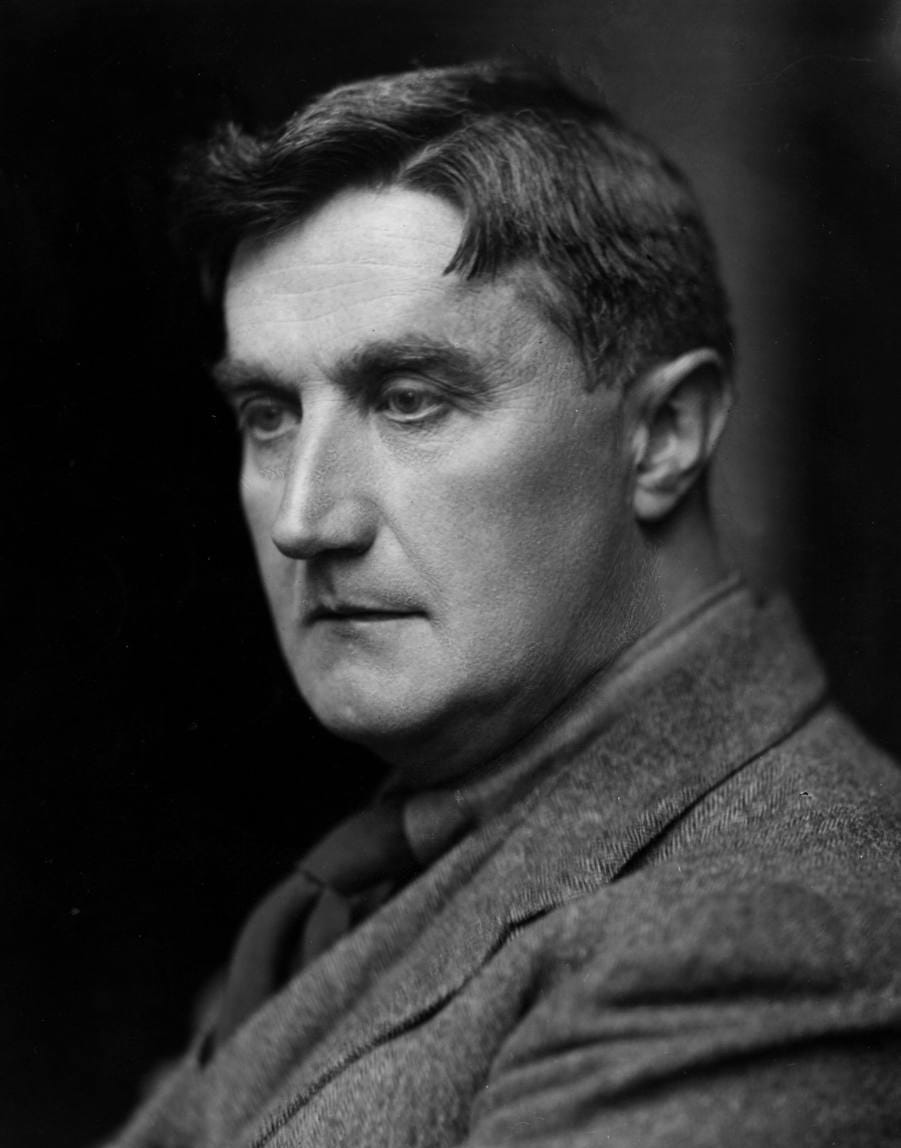The Benedictus was composed in 1909 as part of Stanford's Morning and Evening Service together with the Office of Holy Communion Op 115. Stanford was given the choice to hear one of his services sung at Matins at York Minster in 1923 when he was a guest of the organist, Edward . "He chose the one in C", Bairstow recalled, "for he said he had never heard it!"
Sir Charles Villiers Stanford (1852-1924) thought to be one of our great British composers was actually Irish, born in Dublin, although educated at The University of Cambridge and then studied music in Leipzig and Berlin.
Whilst an undergraduate, he was appointed organist of Trinity College, Cambridge and was one of the founding professors of the Royal College of Music, where he taught composition for the rest of his life. He was also Professor of Music at Cambridge. His pupils included Gustav Holst and Ralph Vaughan Williams whose fame went on to surpass his own.
He is best remembered for his sacred choral compositions for church performance in the Anglican tradition. Along with Hubert Parry and Alexander Mackenzie, he was thought responsible for the renaissance of music in the British Isles.
The Call (One of Five Mystical Songs) R Vaughn Williams
These are a collection of songs composed between 1906 and 1911 based on poems by the Welsh born English poet, George Herbert (1593-1633) who was also an Anglican priest. There are four poems, Easter being divided into two from his 1633 collection "The Temple: Sacred Poems". Vaughn Williams was an aethiest, but it did not stop him from setting these overtly religious poems to music. Vaughn Williams conducted its first performance at the Three Choirs Festival in
Worcester 14th September 1911. Originally it was composed for Baritone solo with various accompaniments.
Come, my Way, my Truth, my Life:
Such a Way, as gives us breath:
Such a Truth, as ends all strife:
Such a Life, as killeth death.
Come, my Light, my Feast, my Strength:
Such a Light, as shows a feast:
Such a Feast, as mends in length:
Such a Strength, as makes his guest.
Come, my Joy, my Love, my Heart:
Such a Joy, as none can move:
Such a Love, as none can part:
Such a Heart, as joyes in love.
Ralph Vaughn Williams (1872-1958) was born to a wealthy family but with a good moral code and progressive social outlook. He always sought to help his fellow citizens. He also thought his music should be available and accessible by everyone. He developed late musically not really finding himself until in his thirties. He studied with Maurice Ravel 1907-1908 and this helped him clarify the texture of his music and rid him of Teutonic influences. He is one of our best known symphonists encompassing a wide range of moods from the utterly tranquil to ranging fury, mysterious to exuberant. He was strongly influenced by Tudor and folk music. He was deeply affected by the First World War in which he served. His body of work is vast and his music remains popular and widely performed.
 |
| From Wikipedia, |
No comments:
Post a Comment